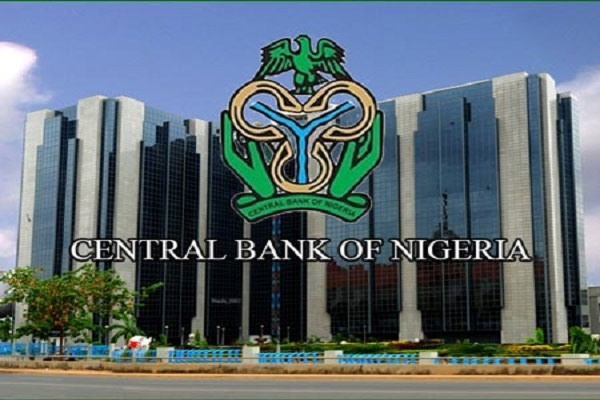The Central Bank of Nigeria’s (CBN) directive to banks on new minimum capital requirements has been lauded for being capable of strengthening the country’s financial system and providing a potential boost to the stock market.
Also, it has been argued that since the new capital requirement is based on the type of authorization (international, national, or regional), the CBN may consider applying a differentiated cash reserve ratio (CRR) according to the category of licence instead of a uniform rate (currently 45%) for commercial banks.
Similarly, in view of the young age of non-interest banks in Nigeria, the CBN has been urged to allow the sector a longer period of about three years to meet the minimum capital requirements.
Reacting to the CBN’s directive, Professor Uchenna Uwaleke, Director, Institute of Capital Market Studies, Nasarawa State University Keffi, said, “It is a welcome development that will help strengthen the country’s financial system and a potential boost to the stock market
“In view of naira devaluation following the unification of exchange rates, the new calibrated minimum capital requirements seem OK, unlike the uniform capital base of N25 billion stipulated in 2005.
“Shareholders’ Funds comprise paid-up share capital plus reserves.
“If my memory serves me right, this was permitted in 2005 but is now disallowed, possibly from the experience of the last exercise.
“I believe the FUGAZ (FBN, UBA, GTB, Access, and Zenith) banks with international authorization will have no difficulty meeting this requirement.
“The stock market (Option 1) presents the most feasible option, as few will likely go the M&A route.
“Access Bank has already announced it is raising N365 billion via a rights issue.
“I also think the 2-year period allowed is sufficient to implement recapitalization. A number of banks, including FBN, Access, and Fidelity, had already commenced the process of recapitalization before now, especially since the CBN Governor made the announcement in November last year.
“I equally think that since the new capital base is based on the type of authorization (international, national, or regional), the CBN may consider applying a differentiated CRR according to the category of licence instead of a uniform rate (currently 45%) for commercial banks.
“In view of the young age of non-interest banks in Nigeria, they should be allowed a longer period, say, 3 years, to meet the minimum capital requirements.”
ALSO READ THESE TOP STORIES FROM NIGERIAN TRIBUNE
